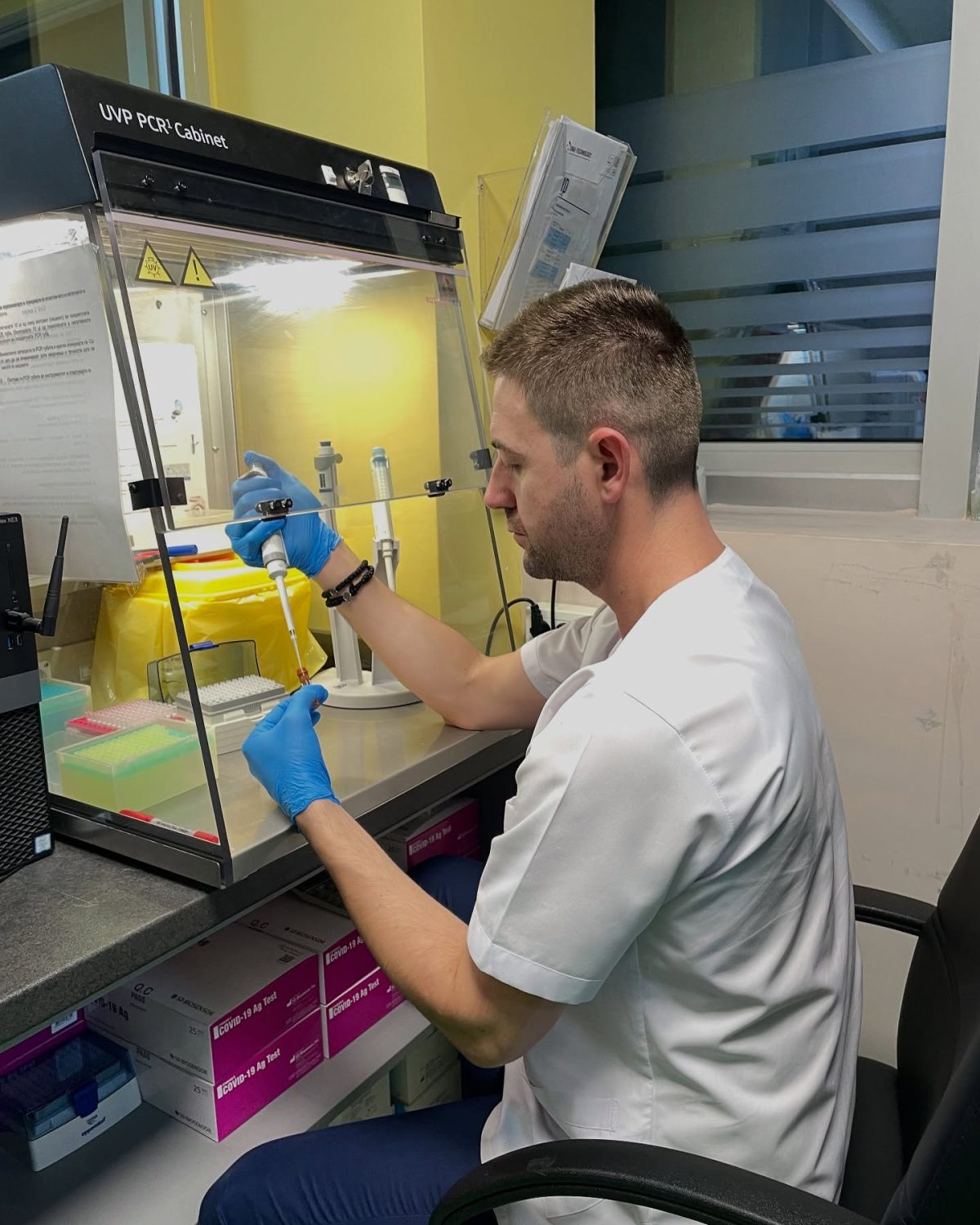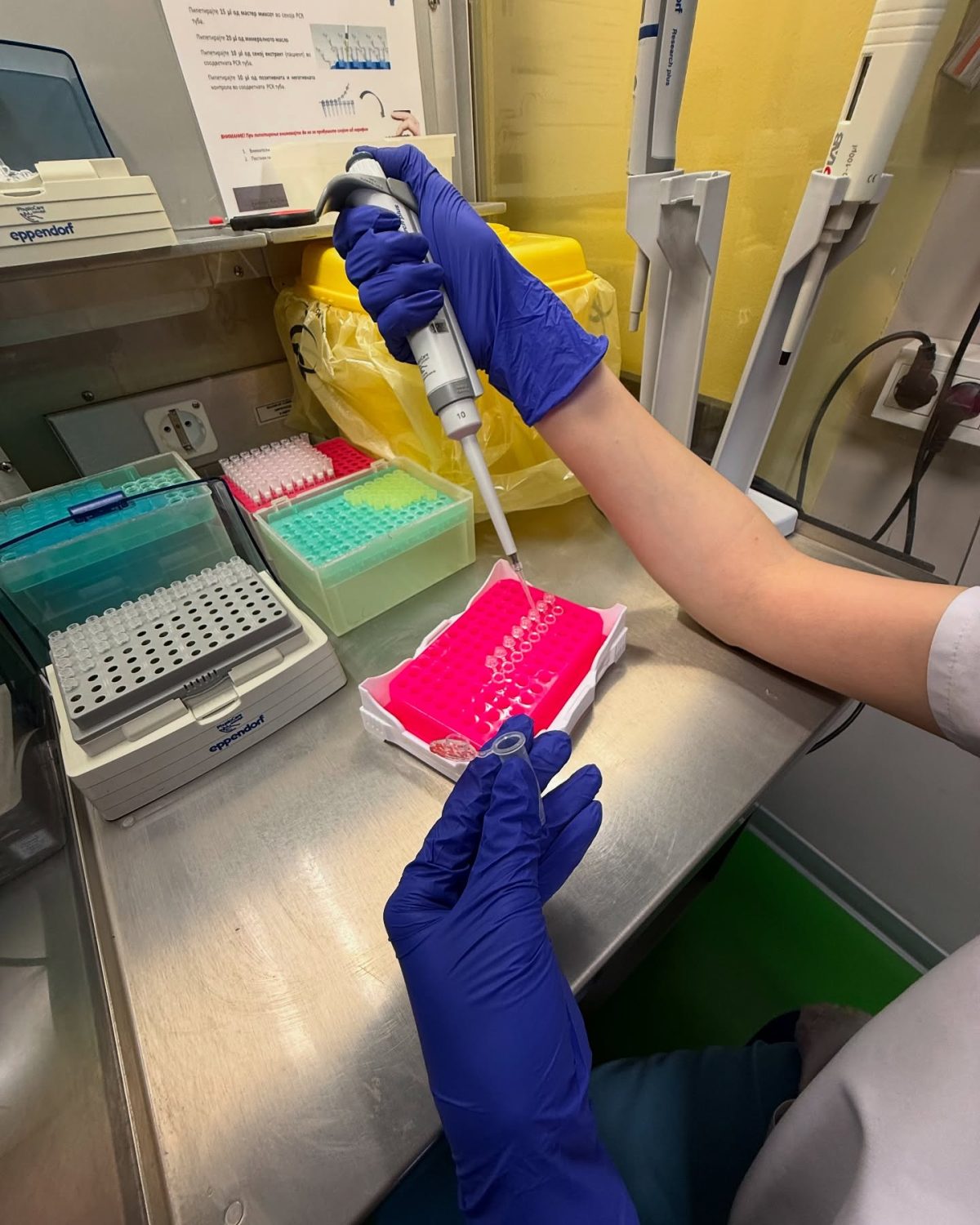Ureaplasma – why timely diagnosis and treatment matter
29 August 2025

Ureaplasma is a type of bacteria often found in the urogenital tract of both men and women. While many carriers remain asymptomatic, an untreated infection can lead to serious reproductive health problems over time. This makes early diagnosis and treatment critical for maintaining health and fertility.
How ureaplasma is transmitted
Ureaplasma is most commonly transmitted through sexual contact, but it can also be passed from mother to baby during childbirth. Even in the absence of symptoms, the infection can become active when the immune system is weakened.
Risks of untreated ureaplasma
If not detected and treated in time, ureaplasma may cause:
-
Inflammation of the urinary or reproductive system
-
Fertility problems in both men and women
-
Complications during pregnancy, including preterm birth or infection of the fetus
-
Increased risk of recurrent infections


Common symptoms
Most people do not experience symptoms, but when present, they may include:
-
Burning or pain during urination
-
Discomfort or pain in the lower abdomen
-
Unusual discharge from the urogenital tract
Diagnosis and treatment at Plodnost
At Plodnost Hospital, advanced molecular testing allows for quick and precise detection of ureaplasma. Based on the results, doctors create a personalised treatment plan aimed at fully eliminating the infection and protecting reproductive health.



